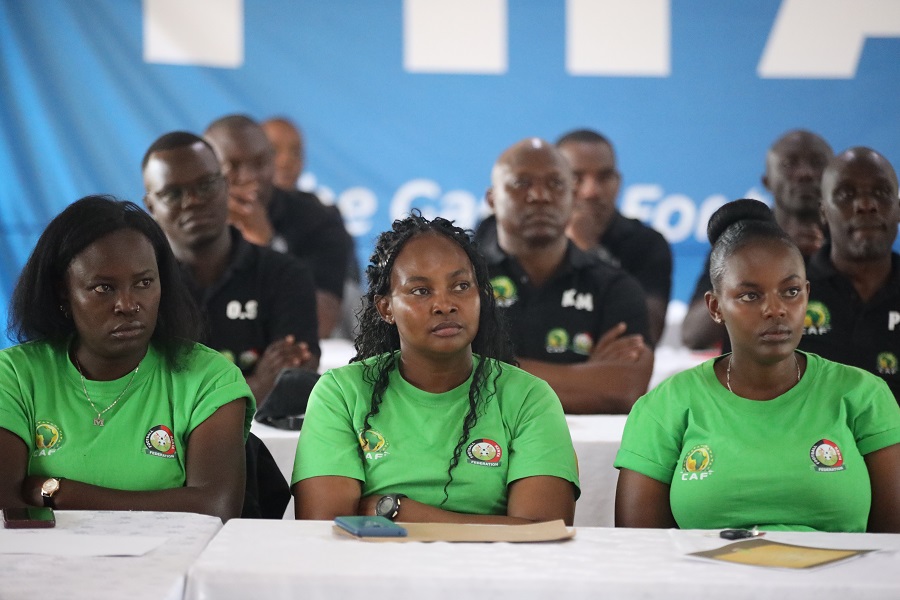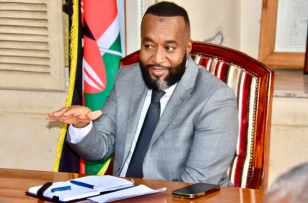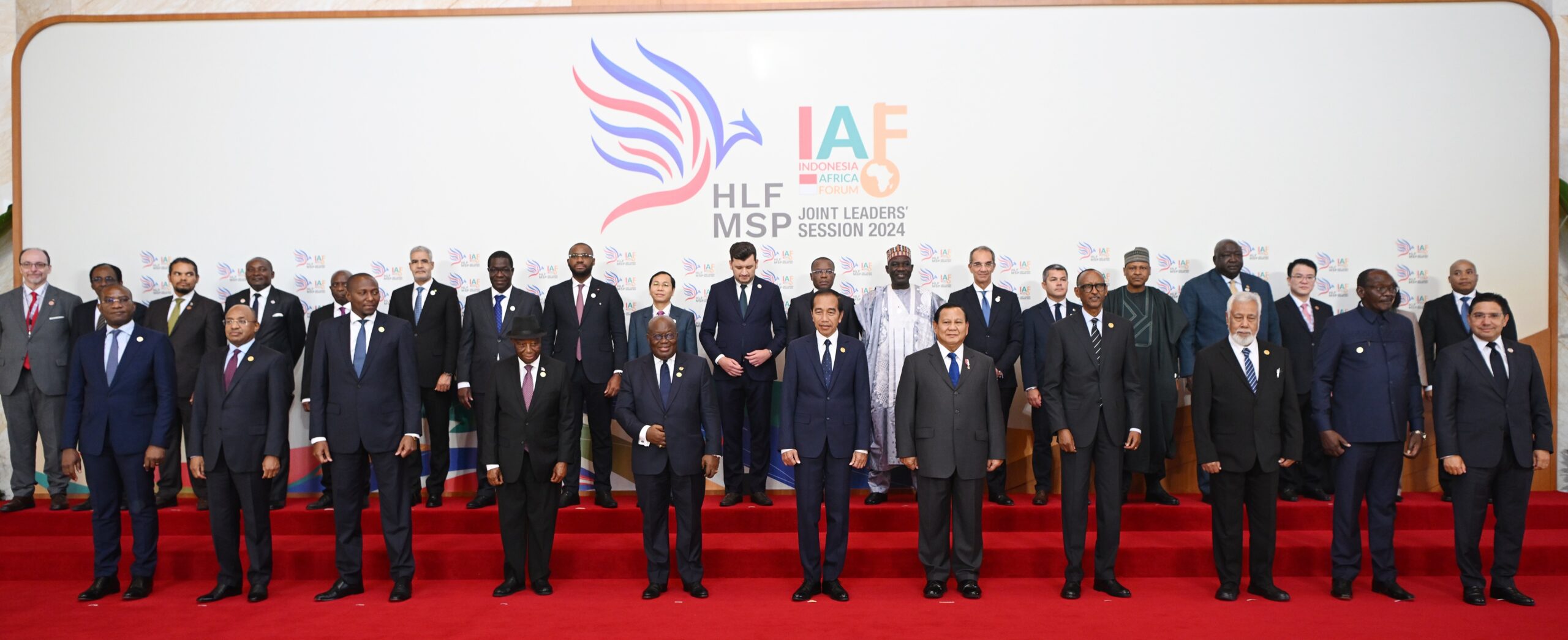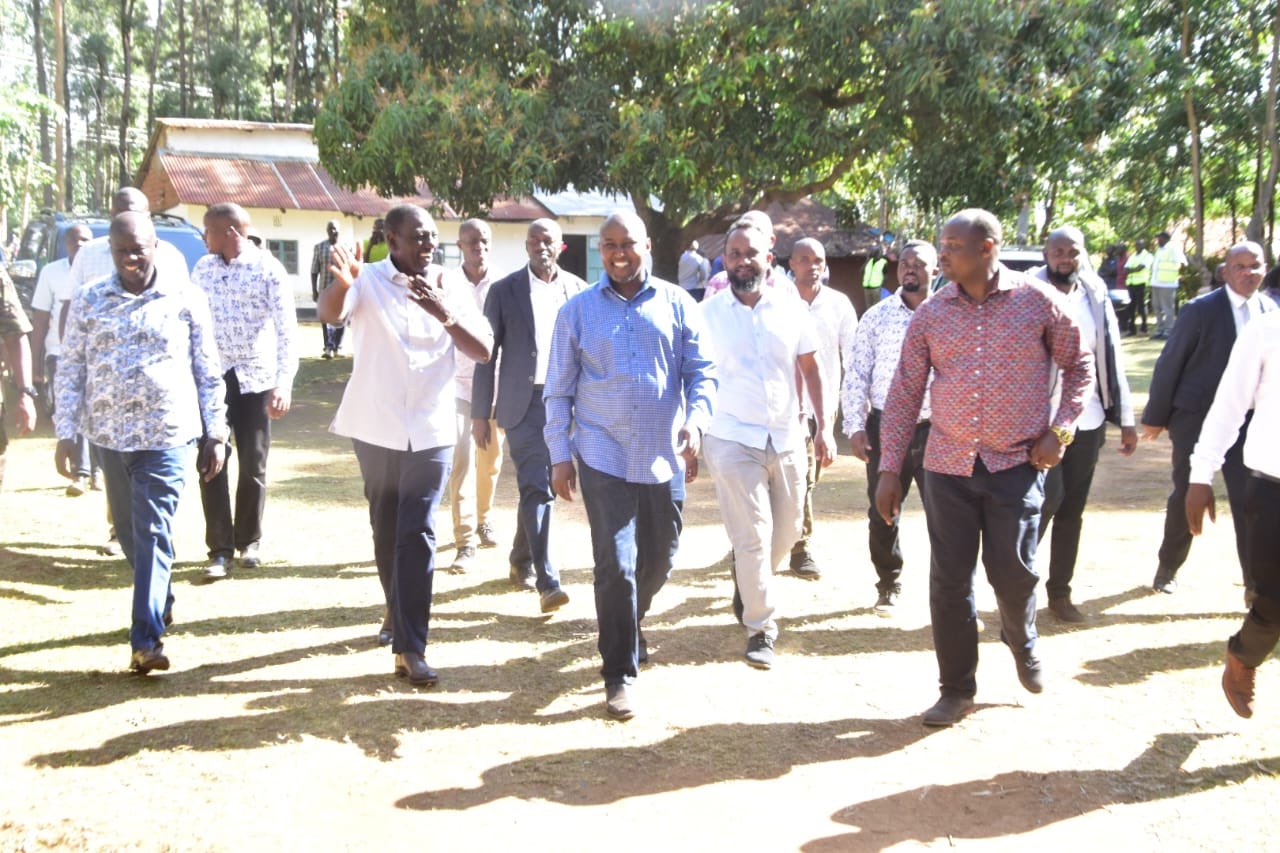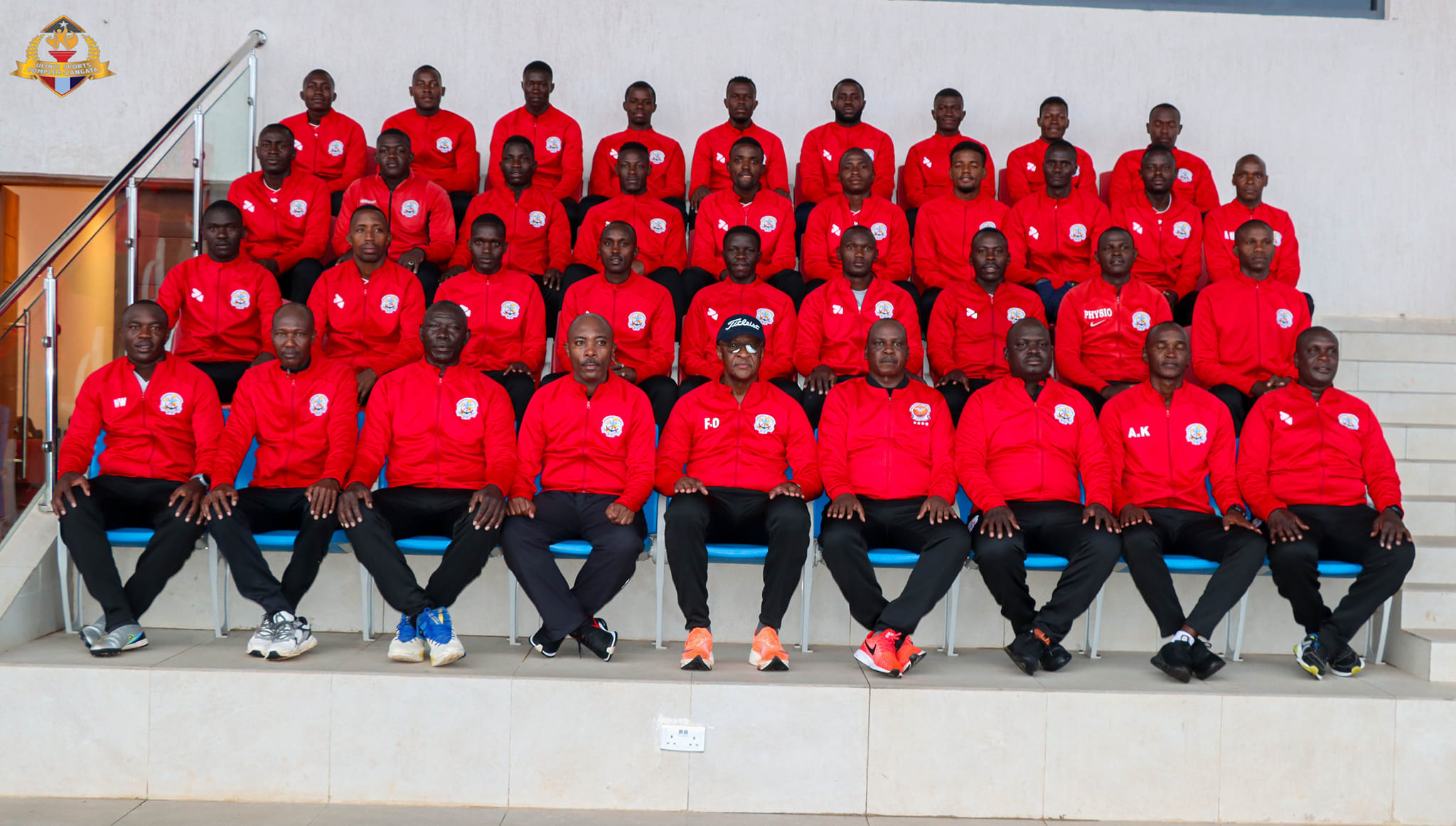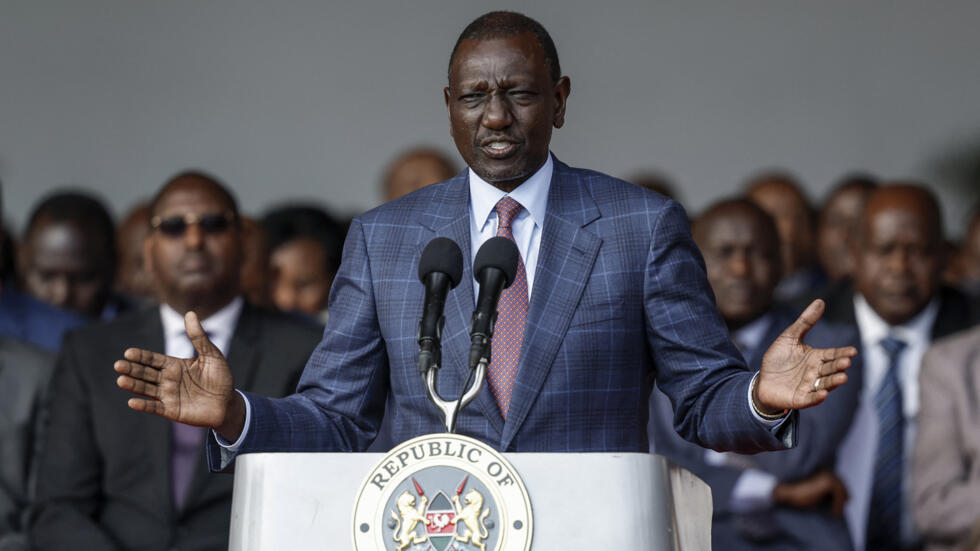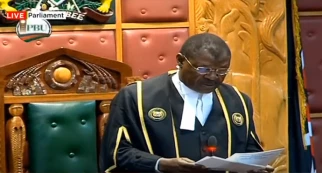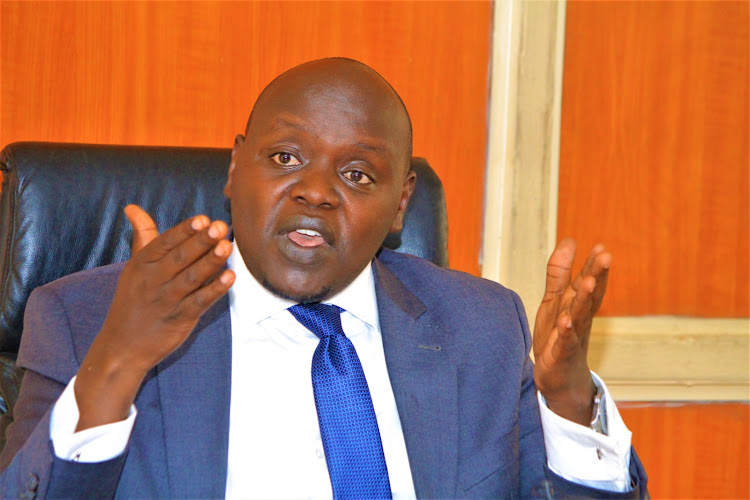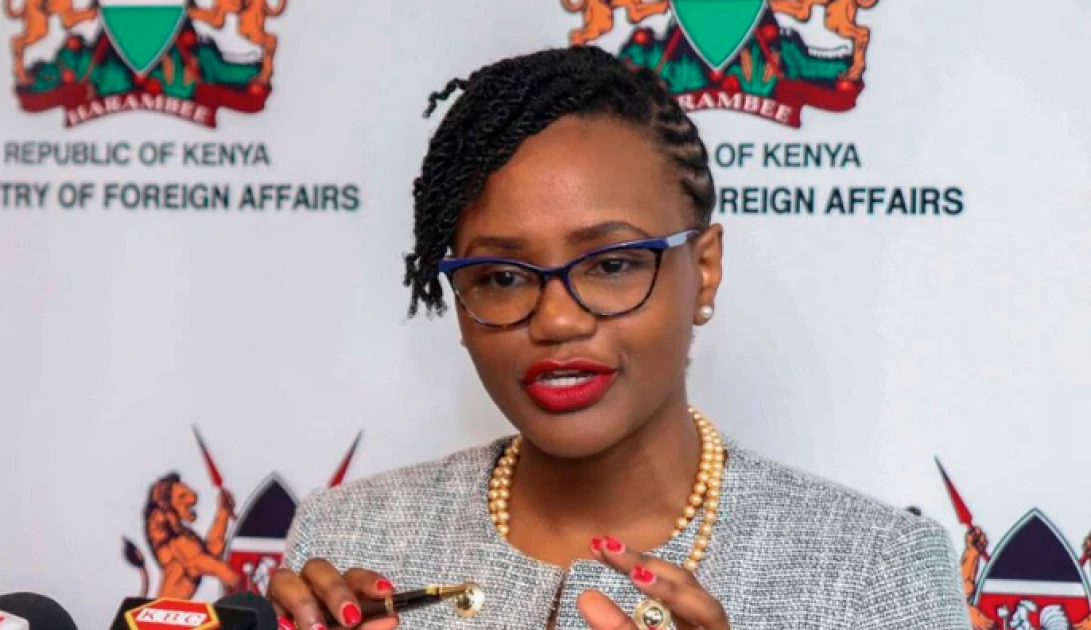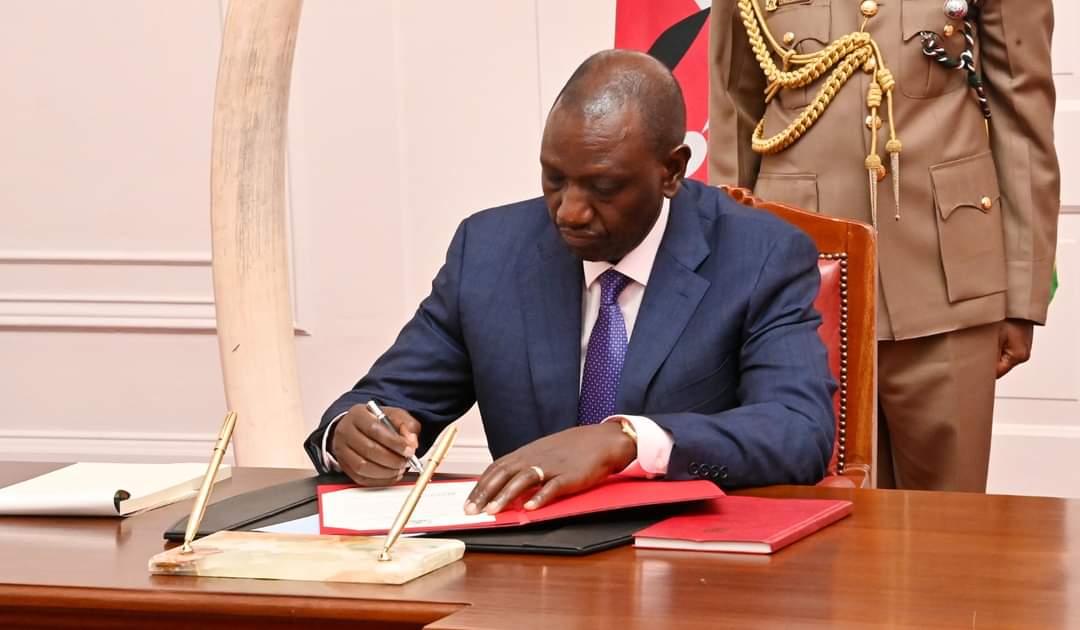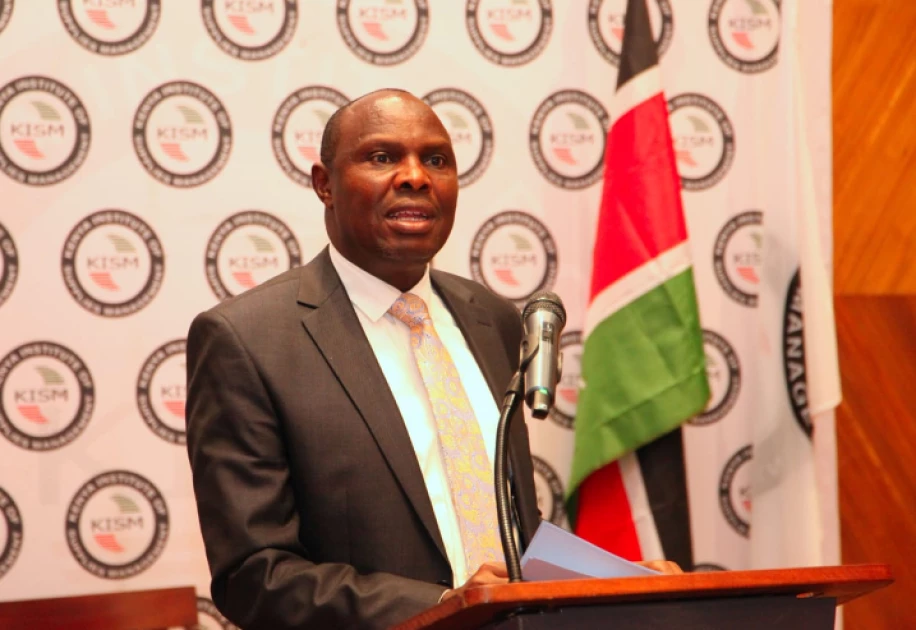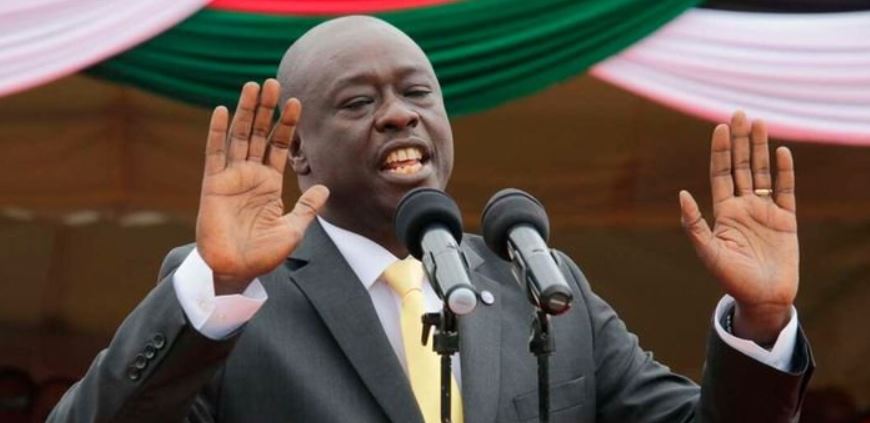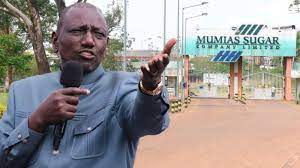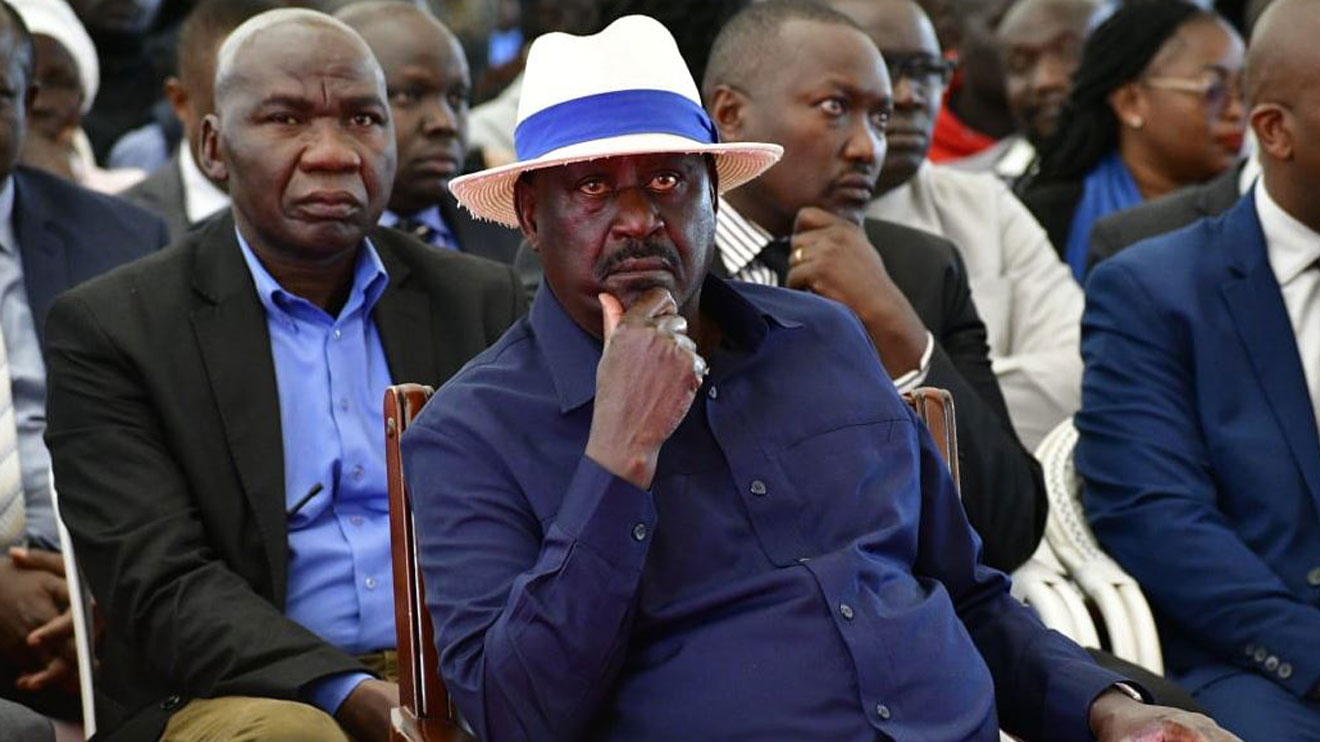In a bold move just hours after his swearing-in, US President Donald Trump issued an executive order suspending foreign development assistance for 90 days. The pause aims to evaluate the alignment of such aid with Trump’s foreign policy goals and assess its efficiency.
The order, signed on Monday, January 20, could have far-reaching effects on countries like Kenya, which relies heavily on US aid for critical programs in health, security, and economic development.


Trump’s Executive Order: What It Means
The directive declared that the current “foreign aid industry and bureaucracy” often run counter to American interests and values. Trump’s statement asserted that some aid programs could even destabilize global peace by fostering ideas contrary to harmonious international relations.
The order stated:
“No further United States foreign assistance shall be disbursed in a manner that is not fully aligned with the foreign policy of the President of the United States.”
While the White House has not clarified the specific scope of the order, it is expected to affect a wide range of programs, non-governmental organizations (NGOs), and international partnerships.
Impact on Kenya’s Foreign Aid
Kenya, a major beneficiary of US development assistance, is likely to face financial constraints due to this suspension. According to a 2020 report by AidData, Kenya received over $3 billion annually from the US, with about $1 billion directed specifically to foreign aid programs.
The majority of this funding has historically supported health initiatives, especially through the US President’s Emergency Plan for AIDS Relief (PEPFAR). Over the past 15 years, PEPFAR has provided Kenya with approximately $7 billion, making it one of the largest recipients of the program.
However, aid levels have been declining in recent years:
- In 2017-2018, Kenya received $570 million.
- This amount dropped to $500 million in the following fiscal year.
- By 2019, it further decreased to $370 million.
The pause on new aid obligations could exacerbate these reductions, affecting critical sectors such as healthcare, drought relief, and infrastructure development.
US-Kenya Collaboration at Risk
Despite funding cuts in previous years, Kenya has continued to secure substantial agreements with the US. Notable contributions include:
- Drought Relief Efforts: In February 2023, the US provided Ksh16 billion ($128 million) to assist 1.3 million Kenyans facing severe drought conditions.
- Infrastructure Development: In May 2024, Kenya inked a $3.6 billion deal with the US to develop the Nairobi-Mombasa expressway, along with funding for education, security, and housing projects.
The suspension of foreign aid places such collaborative initiatives in jeopardy, raising concerns about Kenya’s ability to sustain its progress in these areas.
Global and Local Repercussions
The freeze on US aid also leaves global NGOs in limbo. These organizations rely on consistent funding to execute their programs, ranging from disaster relief to long-term development projects. For Kenya, the timing couldn’t be worse, as the nation continues to grapple with economic challenges and rising healthcare needs.
While the Trump administration argues that the pause will realign aid programs with American values and interests, critics warn that abrupt funding halts could destabilize nations and undermine global cooperation.
Conclusion
President Trump’s decision to halt foreign aid may reflect a shift in US foreign policy priorities, but its impact on countries like Kenya could be profound. With billions of shillings in aid at stake, Kenya must now prepare for potential disruptions to essential programs in health, infrastructure, and humanitarian relief.
As the 90-day review unfolds, the world will be watching closely to see how Trump’s policies shape the future of international development.

















































































